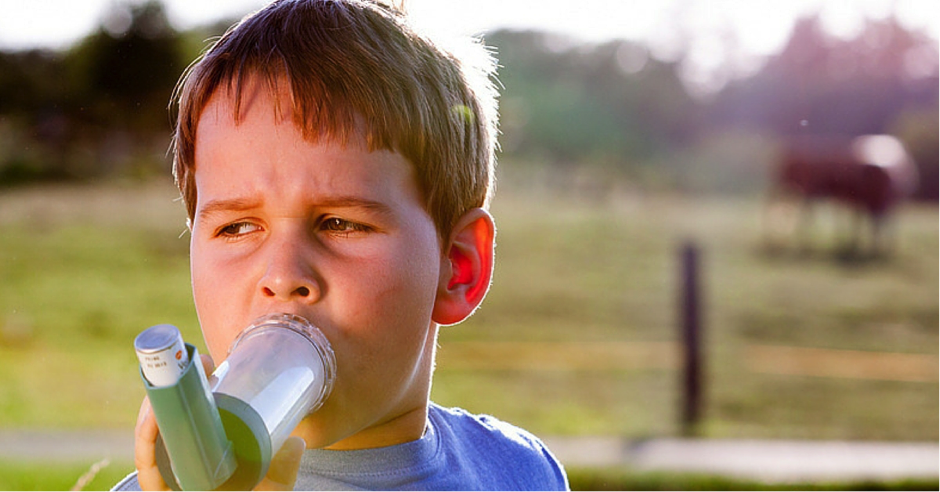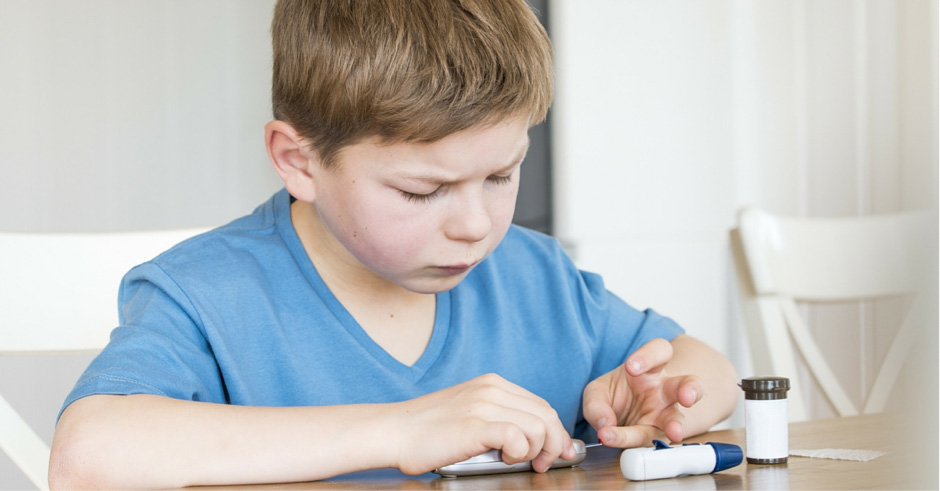Reams have been written about the common cold and the elusive search for a cure. Highly infectious, debilitating and annoying but very rarely serious, a cold epidemic is one of winter’s surest signs. Thousands suffer from classic symptoms – runny nose, scratchy throat and incessant sneezing. Despite the overload of information, there are several misperceptions about the common cold, so this post will attempt to explain what causes a cold and how to find relief safely.
What is the common cold?
The simplest definition – a common cold is a viral infection of the nose and throat.
What is it caused by?
- There are 200 known virus strains that cause a cold.
- The most common ones, the rhinoviruses (100 known strains) are estimated to account for 50% of all common cold cases, according to WebMD.
Our bodies will develop anti-bodies to a strain that infects us, but given the large number of strains out there, we may never have the antibodies to resist them all. The common cold is therefore just a fact of life. But it also explains why children could have up to 10 colds a year, compared to the average adult who may have 4. So, if your toddler constantly has a cold, look on the bright side. That strain of cold virus may never get him or her again.
How does it spread?
The cold virus multiples in nasal cells and is concentrated in nasal fluid. Human contact with infected nasal fluid causes a cold. Why is it more prevalent in winter?
There is a lot of research going on to understand why. To keep it simple we will group the reasons into two categories:
- Environmental:
- People spend more time in enclosed spaces, which have a higher density of viruses.
- Droplets of nasal fluid can make the virus airborne while sneezing or coughing, increasing the changes of picking it up in a crowded café, cinema or college dorm.
- Contact with door handles, shared desktop computers etc. are other reasons you could catch the cold.
- Dry air created by heating systems in winter could also aid the spread of the virus.
This dispels the myth that you could catch a cold by going out in the cold. To the contrary, a brisk walk in the cold weather will probably reduce your chances of getting one.
- Medical:
- Researchers are still trying to conclusively establish if cooler nasal temperature in winter impairs our ability to fight the virus. The rhinovirus is known to replicate better at lower temperature.
- Certain groups are more vulnerable than others. It is an inverted bell curve. The highest vulnerability is among newborns and toddlers, reducing into adulthood, but rising again from the age of 65, as general immunity declines.
- Those with a weakened immunity caused by chemotherapy or an organ transplant may be more vulnerable to the common cold.
Understanding the cause of a common cold creates real clarity about the treatment pathway. It is not antibiotics, which can only treat a bacterial infection. [A cold could result in a secondary bacterial infection, for which a GP could prescribe antibiotics. That’s why – when in doubt, see your GP. Do not self-diagnose]
Finding relief for the common cold:
Sometimes grandma knows best. And the best treatment for a cold may be one of them:
- Drink lots of fluids: Warm broths and clear soups, hot lemon/ginger tea, and warmed up apple juice may ease congestion by letting the mucus flow. It could also boost the body’s supply of key vitamins and minerals needed to fight the virus.
- Rest: Your body needs rest, not sleep. So, you don’t have to stay in bed but don’t take on activity that may compromise your immune system.
- Increase air humidity: Using a humidifier could help reduce congestion.
- OTC medication: While OTC medication has proved ineffective in eliminating cold symptoms or reducing the severity, speak to your GP who may suggest one for temporary relief with minimal side effects. Avoid using them for children.
When is it a must to see the GP?
Better Health, Victoria recommends you see your GP for the following symptoms:
- Intense headache
- High fever unresponsive to OTC paracetamol
- Breathing difficulty
- Vomiting
- Refusal to drink fluids
While the common cold is the least harmful of the triumvirate that includes flu and pneumonia, the symptoms of all three are very similar. If you find the cold symptoms are severe and accompanied by high temperature see your GP immediately.




